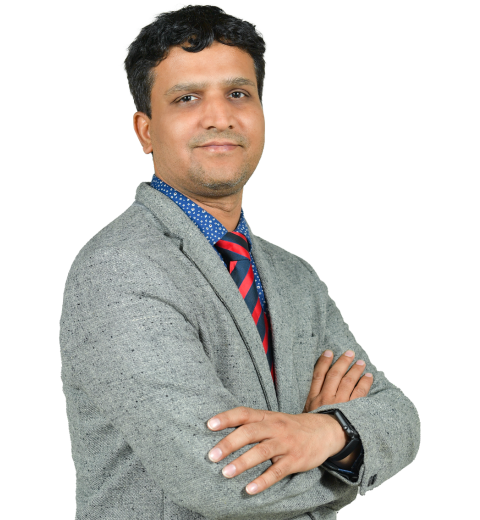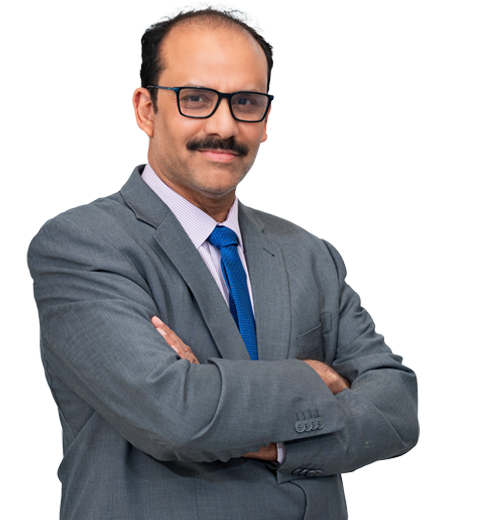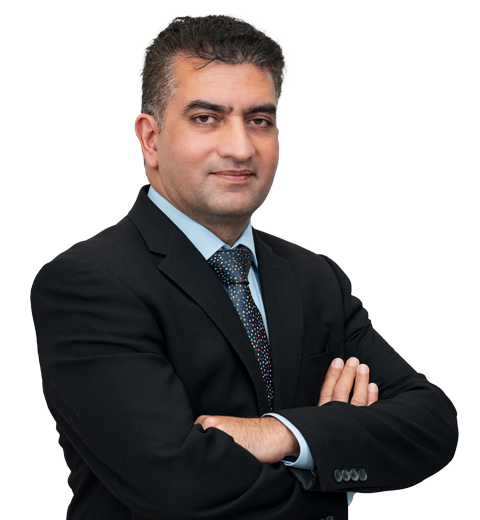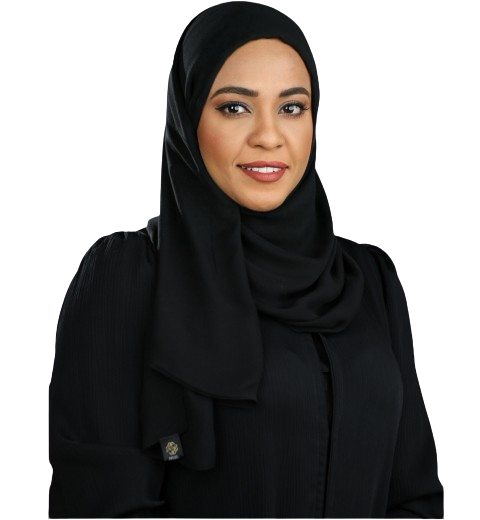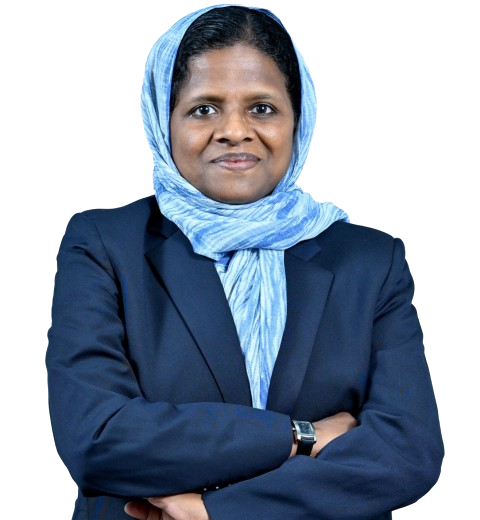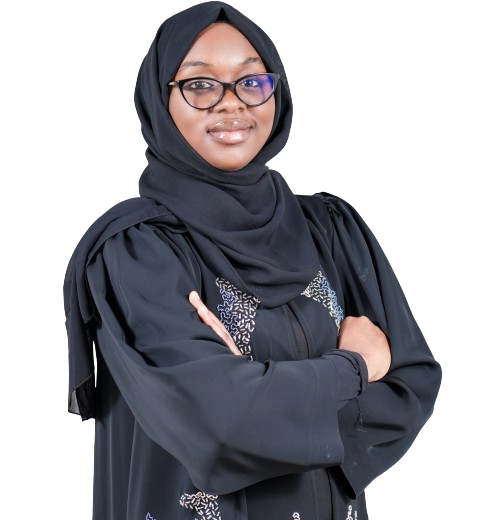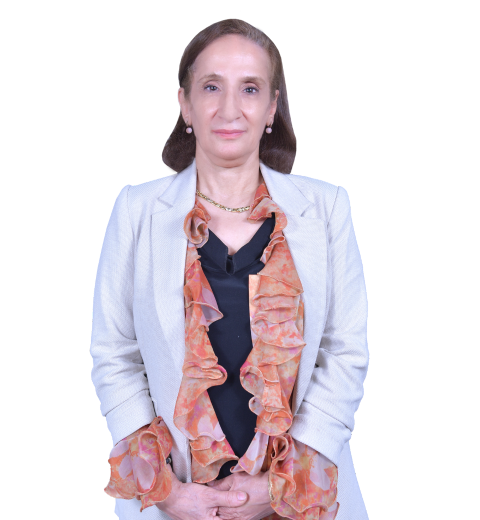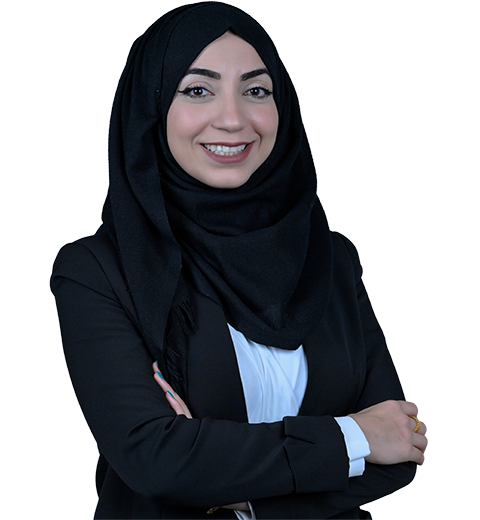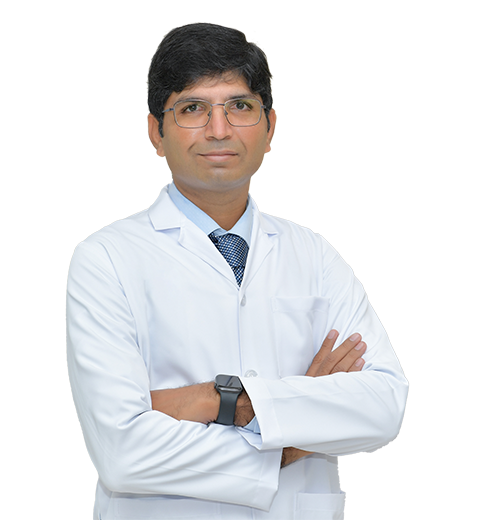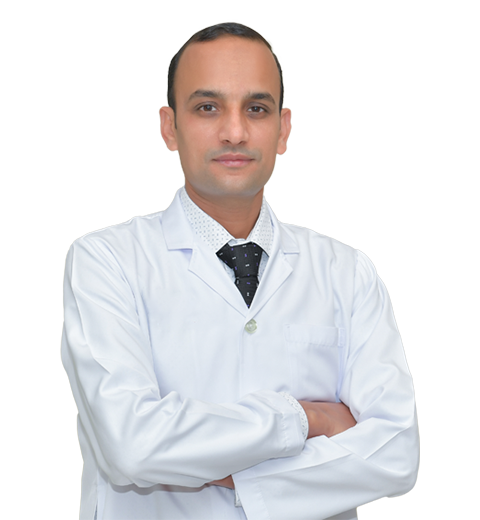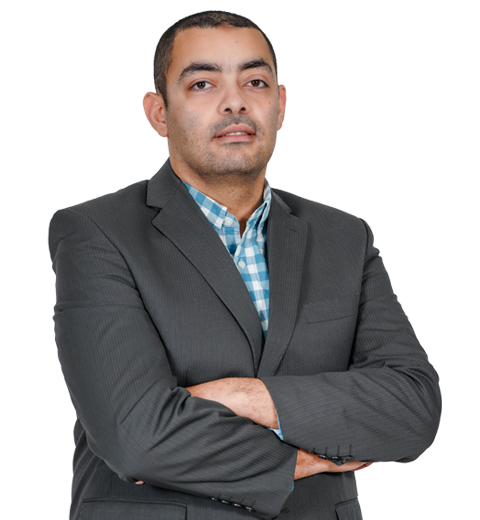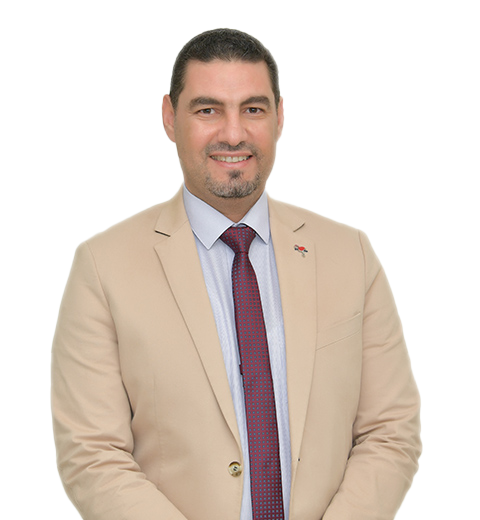What are Congenital Heart Diseases/Defects (CHDs)?
Congenital Heart Diseases/Defects (CHDs) are heart abnormalities at birth. CHDs can impair the structure and function of the heart. It is the most prevalent congenital disability, affecting 1 in every 100 children. Before they turn one year old, at least 25% of these kids will need treatment or surgery.
Congenital Heart Disease (CHD) Awareness Week is observed internationally from the 7th to the 14th of February every year. It is observed to raise awareness and honor those affected by the disease.
The most common Congenital Heart Diseases include:
- Bicuspid Aortic Valve
- Ventricular Septal Defects
- Atrial Septal Defects
Early detection of cardiac problems can improve the prognosis for children with CHD.
Risk factors
Certain conditions might increase the risk of a child having a Congenital Heart Defect. These include:
- Rubella infection during pregnancy
- Diabetes in pregnancy
- Certain medications
- Drinking Alcohol
- Smoking
- Family History and Genetics
- Genetic conditions, for example, Down syndrome, Turner’s syndrome
Diagnosis of Congenital Heart Disease
Trained Fetal Medicine Consultants and Fetal Maternal Specialists can diagnose almost 90% of congenital cardiac diseases or abnormalities at 20 weeks of gestation. In utero, diagnosis is vital to plan postpartum care and treatment. Critical congenital heart disease screening should be made available after a baby is born to compare and check the baby’s saturation in different limbs. This can help in the early detection of any critical heart defect. Healthcare providers, parents, or caregivers may suspect a heart defect in older children due to a fast or slow heart rate, fast breathing, pale skin, changes in temperature, or energy level. Children diagnosed with certain inherited (for example, Marfan’s syndrome) or genetic conditions are at risk for CHD, and a pediatric cardiology evaluation is recommended.
Treatments for Congenital Heart Diseases
The type and severity of CHDs determine the treatment. Some heal on their own or have no effect that requires intervention. Significant defects often require extensive treatment.
Treatment could include:
- Medications
- Cardiac Catheter Procedures (interventional procedures)
- Open-Heart Surgery
- Heart Transplant
Children who need interventional procedures or surgery for their heart condition must remain under the supervision of a Pediatric Cardiologist or Adult Cardiologist for life. This ensures that any issues or complications can be identified early and that preventative measures are in place to safeguard them and ensure they live a full, happy, and healthy life.





